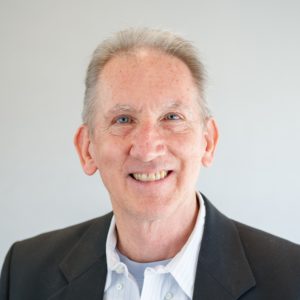About Russ – updated 2024-01-31
I worked in the process industry (Celanese Corporation) for 13 years, rising to engineering supervision, prior to becoming a chemical engineering faculty member. In industry, I enjoyed coaching the new engineers through their transition from student to practice, was interested in the science that supports engineering, and wanted to explore using first-principles models in process control and management. So, I moved to an academic career to focus on those. I was at Texas Tech University for 12 years, then at Oklahoma State University for 19 years, serving as School Head for 13 of the 19. I am a fellow of the International Society of Automation, http://www.isa.org, and of the American Institute of Chemical Engineers, http://www.aiche.org; Past-President of the American Automatic Control Council, http://www.a2c2.org; an inductee to the Process Automation Hall of Fame; and recipient of a Fray International Sustainability Award. I retired from OSU in 2016 to devote full-time efforts to facilitate transfer of practicable techniques to engineers and scientists. My 1968 ChE BS is from the University of Maryland, and my 1985 ChE PhD is from North Carolina State University.
My industrial experience revealed that engineering techniques need to be practicable (simple, efficient, credibly demonstrated, grounded in fundamentals, robust, user-friendly, computationally fast, etc.) as opposed to what might be possible. Although academe focuses on the possible, my academic career has centered about investigating useful techniques for modeling, optimization, and statistical analysis with an application focus on process control. Hence the “enabling data analysis” by-line, “eda” acronym, and the domain name r3eda.
I entered industry after my MS degree, and quickly realized that I was under-prepared in the essentials of process control, optimization, statistics, and process and product modeling. More so, I had little appreciation for the methodology that is practicable in a business-engineering environment. These techniques and their application “way” captured interest and became the focus of my academic career. My utility perspective has been developed through application investigations on pilot-scale processes in the unit operations lab, and materials were developed through teaching to both on-campus and practicing engineers. I have managed to compile that material into books on statistics, regression modeling, and optimization, an the 4th on nonlinear process control is scheduled for release in March 2024. I contribute periodic Develop Your Potential articles to readers of CONTROL and InTech magazines.
I hope you find my insight on this web site as beneficial. It contains tutorials and simulation software on many techniques. I would be pleased to learn of any difficulties you have in using the material or suggestions for its improvement. Feel free to contact me from the contact menu.
I have been presenting 1-day short courses on either optimization, regression, or nonlinear model-based control at the annual American Control Conferences. Visit http://acc20xx.a2c2.org/ (replace the xx with the year) for details. This year in Toronto, July 9, the workshop will be based on my new book Nonlinear Model-Based Control using First-Principles Models, visit http://acc2024.a2c2.org/.

